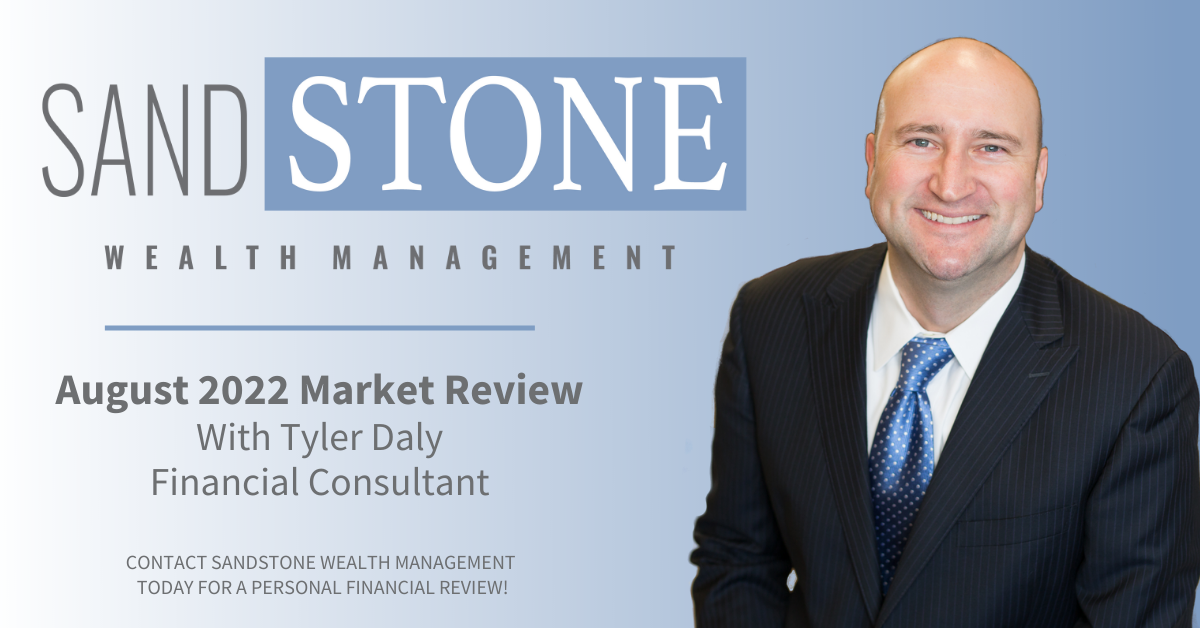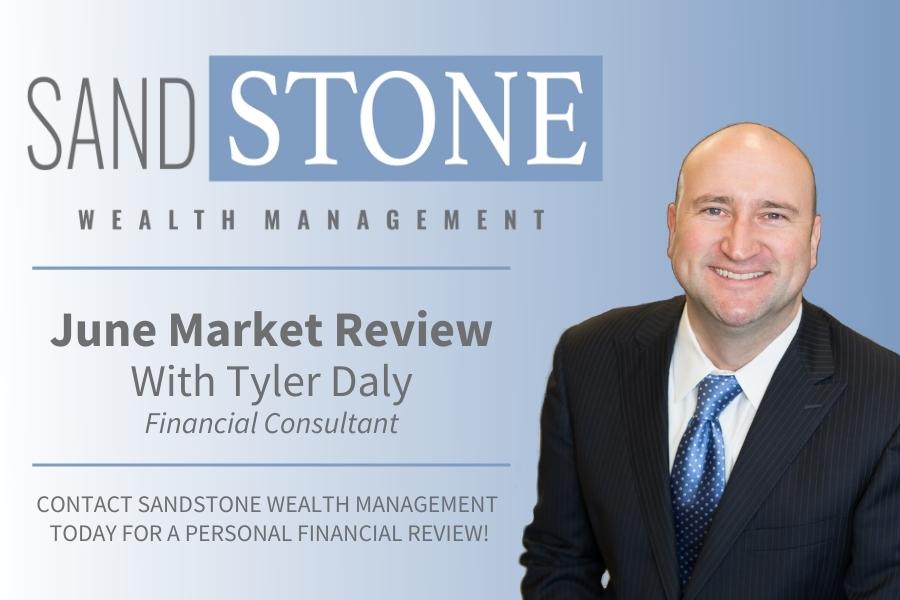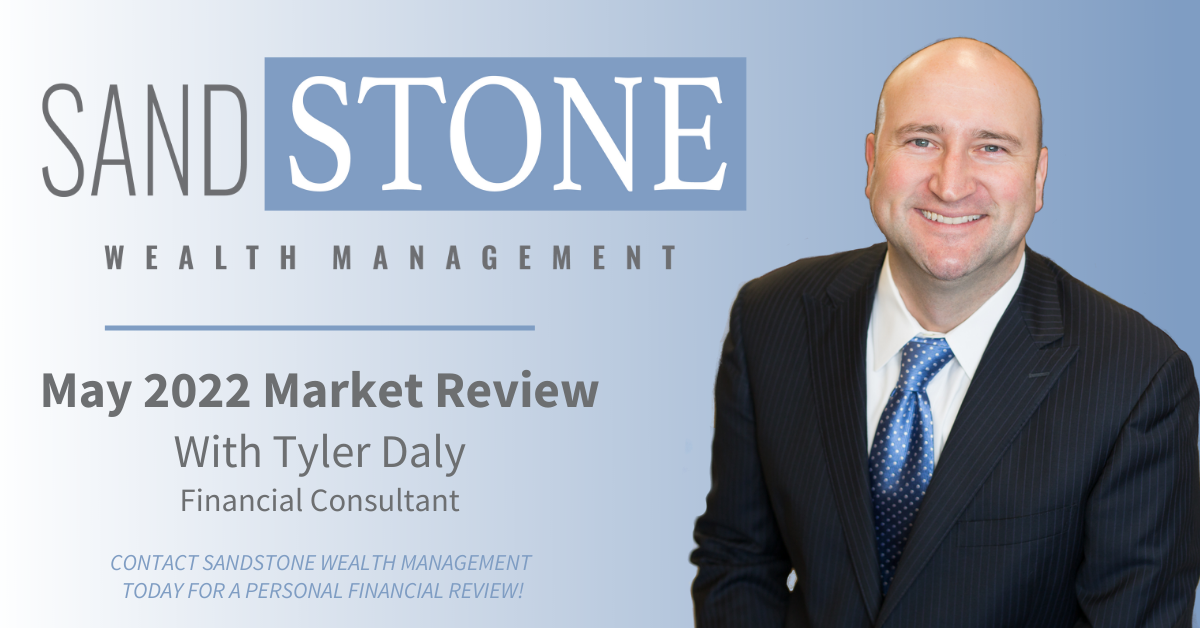
The year started off strong on the heels of solid earnings, economic growth and tax reform, but as January came to a close, domestic stocks experienced some turbulence; the yield on the U.S. 10-year Treasury reached its highest in almost four years; and the dollar weakened. The S&P 500 and the Dow Jones Industrial average both slipped in the last few days of the month, although the equity markets remain firmly in positive territory year to date.
In other news, the job market continues to improve and wage growth is expected to pick up. Consumer sentiment and business optimism remain elevated. The initial estimate for fourth quarter gross domestic product growth was strong, partly reflecting a rebound from the third quarter’s hurricanes, but the headline figure (a 2.6% annual rate) understated the strength of the economy, according to Raymond James Chief Economist Scott Brown. The key components of the economy – consumer spending, business fixed investment and homebuilding – were solid over the second half of 2017. Brown expects momentum to remain strong in the near term, supported by optimism for the tax bill changes.
Federal Reserve policymakers decided to stay the course for now. However, the Fed is widely expected to raise short-term rates in mid-March. Tighter job conditions are likely to motivate the central bankers to raise rates sooner and faster than they would have otherwise.
| 12/29/17 Close | 1/31/18 Close | Change | Gain/Loss | |
|---|---|---|---|---|
| DJIA | 24,719.22 | 26,149.39 | +1,430.17 | +5.79% |
| NADSAQ | 6,903.39 | 7,411.48 | +508.09 | +7.36% |
| S&P 500 | 2,673.61 | 2,823.81 | +150.20 | +5.62% |
| MSCI EAFE | 2,050.79 | 2,157.47 | +106.95 | +5.22% |
| Russell 2000 | 1,535.51 | 1,574.99 | +39.48 | +2.57% |
| Bloomberg Barclays Aggregate Bond |
2,046.37 | 2,021.30 | -25.07 | -1.23% |
Performance reflects price returns as of 4:30 EDT on Jan. 31, 2018
Here is a look at what’s happening in the economy and capital markets, as well as key factors we are watching:
Economy
- Real gross domestic product (GDP) rose at a 2.6% annual rate in the advance estimate for the fourth quarter, but growth was a lot stronger than it looks (the headline figure was reduced by slower inventory growth and a wider trade deficit), Chief Economist Scott Brown tells us.
- Tighter labor market conditions should lead Federal Reserve policymakers to raise short-term interest rates sooner and more rapidly.
- A strong economy, booming stock market and tighter monetary policy are normally bullish for the dollar, but the dollar has weakened over the past year. Economic growth in the rest of the world has continued to pick up, encouraging global investment outside the United States, according to Brown.
- Following the passage of a tax bill, attention in D.C. has been dominated by government funding fights, which included a short-term shutdown in January.
- While these fights are all but certain to linger, we should not expect much market impact, said Ed Mills, managing director, equity research and Washington policy analyst. Ultimately federal spending is set to modestly increase, providing some additional fiscal stimulus, especially in the defense budget.
- Talk of infrastructure spending will lead the conversation for much of this year, but Mills doesn’t expect a deal until 2019. One area of likely bipartisan support is legislation to provide regulatory relief to community and regional banks. This is likely to maintain the current win streak for banks.
Equities
- To Chief Investment Strategist Jeff Saut, the market appears overbought and ripe for consolidation or a pullback in the short term. Long term, earnings, economic data, sentiment, and flow of funds support a favorable set-up.
- Commodities and commodity-centric stocks appear attractive from a valuation standpoint relative to the S&P 500.
- In January, the Federal Energy Regulatory Commission rejected Energy Secretary Rick Perry’s proposal for a de facto subsidy to coal-fired power plants. Senior Vice President of Equity Research Pavel Molchanov expects coal retirements to continue and perhaps even accelerate, with renewables capturing (on average) two-thirds of the market share lost by coal, and gas taking the remaining third.
International
- The weakness of the dollar versus most of its major global currency peers buoyed returns from overseas markets during 2017, and this trend continued in January with the trade-weighted dollar reaching a three-year low.
- The attributes of equity markets in both Europe and across the emerging markets extend beyond stronger local currencies, with the majority of countries seeing both economic growth and corporate earnings upgrades.
- Such progress could mean reductions in new stimulus measures by both the European Central Bank and the Bank of Japan at some point during 2018, a shift which has started to push local bond yields higher. This will provide some new challenges but is unlikely to aggressively quell economic growth and corporate earnings momentum unless ongoing economic reform initiatives flounder.
- Politically, German Chancellor Angela Merkel continues to try to form her Grand Coalition. We believe she ultimately will be successful, and this will lead to Germany being friendlier toward the rest of Europe, entrenching efforts to make Europe more cohesive.
- Meanwhile Brexit discussions have shifted into a more detail-heavy second stage. The rise in the euro and the pound sterling over recent months shows that the financial markets regard the progress as positive, according to European Strategist Chris Bailey.
Fixed Income
- While the new tax legislation will bring changes to the municipal market, the nominal changes in overall tax rates, particularly for higher income Americans, continue to make municipal bonds an attractive tax-advantaged allocation for investors, suggests Ted Ruddock, senior vice president, Fixed Income Services Group.
- The bond market is showing signs of weakness thus providing higher yields for investors. A laddered fixed income strategy should provide a yield raise in step with rising interest rates, added Senior Fixed Income Strategist Doug Drabik.
- Several head winds still exist for higher interest rates: Central bank balance sheets continue to grow (money is being created), interest rate disparity continues between the United States and the rest of the world, and inflation remains below the Federal Reserve’s target.
Bottom Line
- Looking ahead, the equity markets remain bullish, according to Raymond James Senior Research Associate Andrew Adams, with any early year weakness representing a buying opportunity for investors poised to take advantage.
- Chief Investment Strategist Jeff Saut believes that a pullback over the near term should only result in a 5% to 10% drawdown in an “ongoing secular bull market that has years left to run.”
- Senior Fixed Income Strategist Doug Drabik cautions investors to resist the temptation to “time” bond purchases, suggesting that we rely on the steady nature of bonds instead. Remember why many investors use bonds in the first place: To preserve wealth and hedge growth assets.
Sincerely,
Tyler Daly
Financial Advisor
Raymond James Financial Services, Inc.
*Investing involves risk, and investors may incur a profit or a loss. Past performance is not an indication of future results and there is no assurance that any of the forecasts mentioned will occur. Investors cannot invest directly in an index. The Dow Jones Industrial Average is an unmanaged index of 30 widely held stocks. The NASDAQ Composite Index is an unmanaged index of all common stocks listed on the NASDAQ National Stock Market. The S&P 500 is an unmanaged index of 500 widely held stocks. The MSCI EAFE (Europe, Australia, Far East) index is an unmanaged index that is generally considered representative of the international stock market. International investing involves additional risks such as currency fluctuations, differing financial accounting standards, and possible political and economic instability. These risks are greater in emerging markets. The performance noted does not include fees or charges, which would reduce an investor's returns.
©2018 Raymond James Financial Services, Inc., member FINRA/SIPC. Securities offered through Raymond James Financial Services, Inc., member FINRA/SIPC, and are not insured by any financial institution insurance, the FDIC/NCUA or any other government agency, are not deposits or obligations of the financial institution, are not guaranteed by the financial institution, and are subject to risks, including the possible loss of principal. Raymond James is not affiliated with the financial institution or the investment center.

Tyler has been in the financial services industry since 2004 and with Sandstone Wealth Management and Heartland Bank since 2009. He is Series 7, 66 and Insurance licensed to assist his clients with all their investing, financial planning, and insurance needs. Tyler was recently named to the Forbes List of America's Top Next-Generation Wealth Advisor, which recognizes advisors from national, regional, and independent firms. Tyler graduated from the University of Nebraska-Lincoln with a Bachelor’s Degree in Diversified Agriculture and was born and raised in the Nebraska Sandhills. This gives him an intimate knowledge and understanding of his farming and ranching clients. Tyler is married to Rachel, who earned her Doctorate of Pharmacy from the University of Nebraska. They have two children, Camilla and Cooper. Away from business, he enjoys officiating high school basketball in the winter as well as golfing and team roping in the summer.



.png)

.jpg)

.jpg)

.png)



